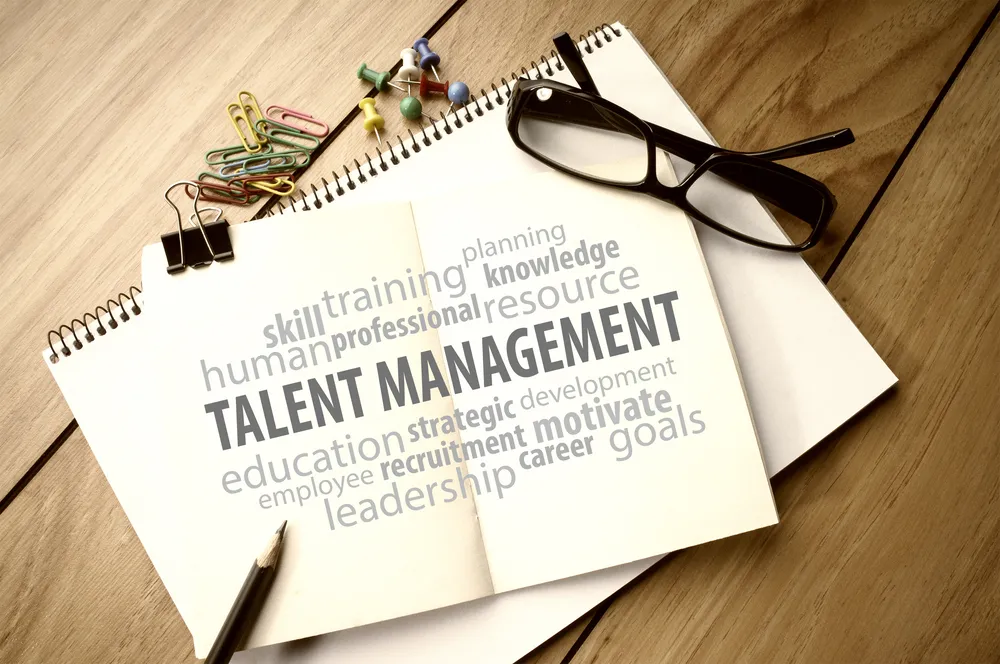Total Quality Management (TQM) for Effective Training Programs Course
Introduction
The need to integrate Total Quality Management (TQM) practices with training activities has been emphasized by the growing focus on global standardization and the critical role of human capital in achieving sustainable competitive advantage.
This Total Quality Management (TQM) course explores the strategic importance of training and provides a comprehensive action plan to enhance the quality of training activities, thereby maximizing return on investment.
Maximize your return on investment and elevate the quality of your training activities with our all-encompassing Total Quality Management (TQM) course. Discover the crucial role of human capital and learn how to apply TQM principles to advance your training initiatives.
Objectives
Upon completion of this Total Quality Management (TQM) training, participants will be able to:
- Strategize training frameworks using a total quality management approach.
- Articulate the importance of managing training within an organization.
- Understand individualized performance development and evaluate its effectiveness.
- Conduct up-to-date appraisals of current training requirements.
- Implement various quality-driven projects across different domains.
- Gain exposure to international standards, including ISO 10015, to enhance the effectiveness of training.
- Apply the procedures necessary to achieve ISO 10015 international standard.
Training Methodology
- Lectures delivered by experts
- Case study analysis
- Interactive workshops
- Group discussions
- Quality management simulations
- Real-life application exercises
- ISO 10015 practice sessions
- Peer review and feedback sessions
- Simulation-based learning
- Guest lectures from industry experts
Course Outline
Unit 1: Training as a Strategic Concept
- Understand modern strategic concepts related to training
- Individual vs. organizational benefits of training
- Training needs analysis
- Basics of surveying instructional needs
- Skills in designing scientific materials
- Methods of training provision
- Process of evaluating training
- Assessing and reinforcing the training process
- Types and forms of job-related instruction
Unit 2: Concepts in Total Quality
- Characteristics and measures of quality
- Elements of a comprehensive quality system
- Kaizen concept
- Quality tools (5S, Turtle Diagram, and Fishbone Diagram)
- Costs associated with quality
Unit 3: Leading and Managing Quality Teams
- Situational leadership concept
- Leadership vs. management
- Roles of leader and followers
- Leading quality teams
Unit 4: Competencies and Training Plans
- Forecasting human resource needs
- Developing training plans to improve competency stock
- Promoting replacement schemes using training plans
Unit 5: ISO 10015 Application
- Understanding ISO: Is it an end or a means?
- ISO culture, organizational culture, and organizational transformation
- Transformation projects vs. ISO projects
- Reviewing ISO 10015 requirements


















